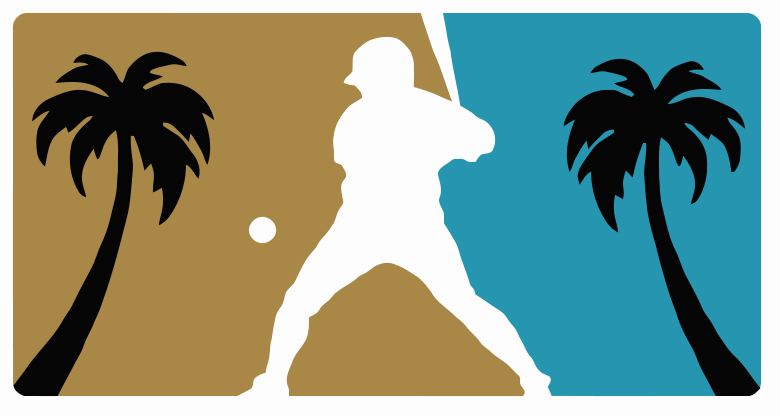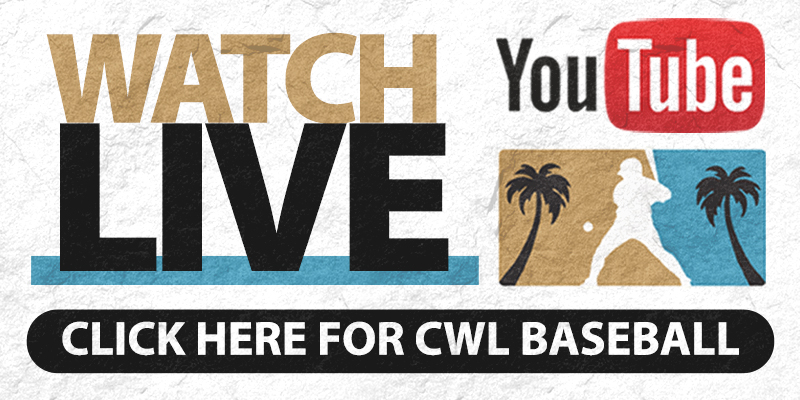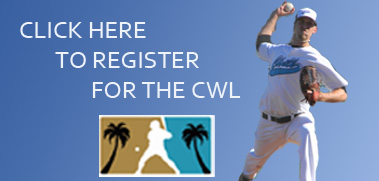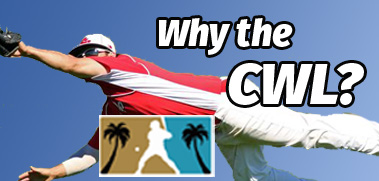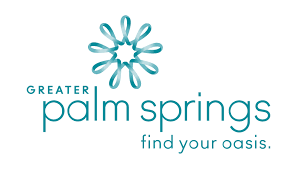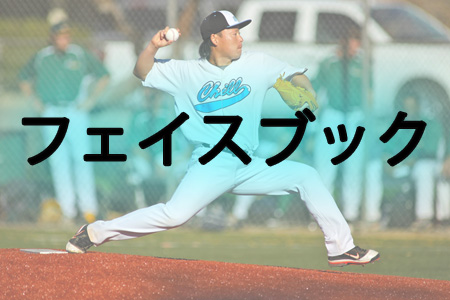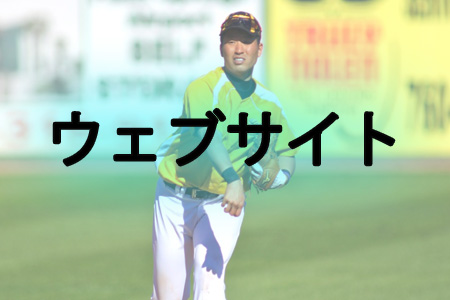PALM SPRINGS, Calif. – Pitcher Chris Pfau, a 2014 California Winter League pitcher for the Washington Blue Sox, has reached the pinnacle of baseball in Europe.
For 2016, he is signed with the Hoofddorp Pioniers of the Hoofdklasse Honkbal. The Hoofdklasse is the Dutch Major Leagues and the highest-level baseball league in Europe.
Pfau has spent the previous two seasons pitching in the Overgangsklasse, the second-highest baseball league in the Netherlands. In two years as a member of the Double Stars Heiloo, Pfau compiled a 15-11 record with a 1.73 earned run average in 35 appearances (32 starts). His peripheral statistics are even more dominant, as he struck out 315 batters and held opponents to a .162 batting average against in 219 innings pitched.
Pfau’s statistics in the Overgangsklasse were dominant, but they are especially impressive considering his team’s floundering record over the past two seasons. Double Stars Heiloo went 27-48-1 over the past two seasons.
We recently caught up with Chris to congratulate him on his accomplishments and to give us some insight into life as a professional baseball player in the Netherlands. Here’s some background from Chris, followed by a brief interview.
“There are basically three main levels of leagues. The Hoofdklasse, which is the Dutch Major League, the Overgangsklasse, which is the level directly below, and then you have Rookies below that. At the end of the season, the last place team from the Hoofdklasse plays the first place team from the Overgangsklasse in (a) five-game Promotion/Demotion series. The teams in the Overgangsklasse are not affiliated with teams from the Hoofdklasse because of this. However, the Rookie teams are affiliated with the teams from the Hoofdklasse. So, the only way to be “called up” would to be to play for a Rookie team and then come to the Hoofdklasse team.”
– Chris Pfau
Question: How did you find out that you had been called up?
Chris Pfau: My situation was more of a free agency situation. I had half of the teams in the Dutch Major League contact me about playing for them this season. I ended up choosing the Hoofddorp Pioniers. A team that has not missed the playoffs in the last 10 years, and has a brand new MLB style stadium.
Q: What are some cultural differences between the US and the Netherlands that people in the United States would be interested in knowing?
CP: There are a lot of cultural differences between the Netherlands and the United States. The Netherlands is a small country, with a lot of people, so space is limited. Streets are smaller, and because of that cars are smaller too. Everyone has a bike in the Netherlands. That is your main mode of transportation around the city. Public transportation (trains) is the main mode of transport from city to city. Everything in the Netherlands costs money, things that Americans take for granted. You want to go to the toilet in a public place, $.50; you just want water with your dinner, that’ll cost you too. The last thing that comes to mind is the food. People in the Netherlands don’t eat a lot of fast food. People would rather eat at a local restaurant; it’s more of a social thing.
Q: Is there a difference in style of play overseas? Is there emphasis on different parts of the game?
CP: There really isn’t too much difference in the game on the field. You have quite a few power hitters that can hit monster shots, but just a bit more than a handful. Your average pitcher in the Dutch MLB fastball sits in the high 80’s, with just a bit more than a handful of guys that consistently sit low 90’s, with a max of around 95. The only difference I really notice is off the field, with how standings are scored. 2 points for a win, 0 points for a loss, and if there is a tie then each team gets 1 point. At the end of the season the top 4 teams with the most points make the playoffs.
Q: Would you say that the California Winter League has helped get you to where you are today? If so, how?
CP: The California Winter League definitely helped me to get where I am today. In fact, I wouldn’t have had this opportunity without the California Winter League and coach Casey Dill. He wasn’t my coach for the league, but he watched me pitch and saw that I could play. Although he couldn’t sign me to his team, he had contacts with the international scout for the Heiloo Double Stars. They contacted me, and wanted some video and stats. From there, I was chosen and given a contract.
My opportunity to play in the States was dwindling. I just wanted one more chance to make it somewhere, before I decided to hang up my cleats; and I saw the California Winter League as that platform. What a platform it was; not only was I able to continue my baseball career, but now I’m playing in the highest professional league in Europe. It never crossed my mind that I would be playing baseball internationally, let alone now having a life abroad.
We would like to thank Chris for taking the time to share his experiences with us, and wish him the best of luck in his baseball journey!
You can follow Chris on Twitter @kinghalfswing47
